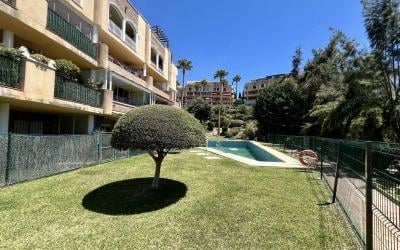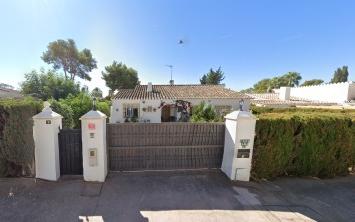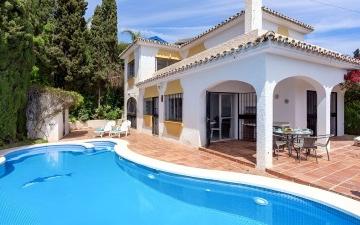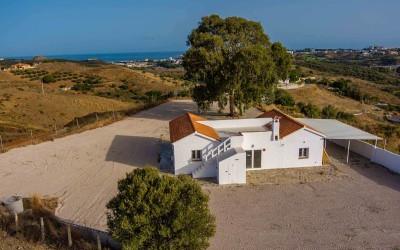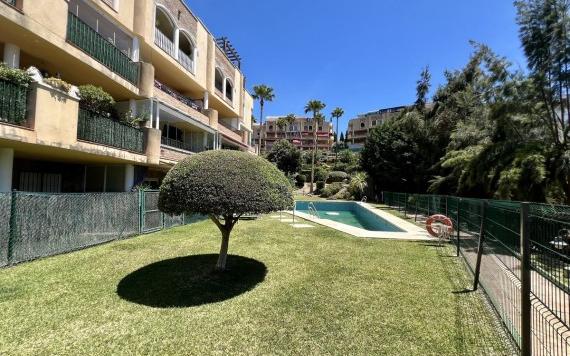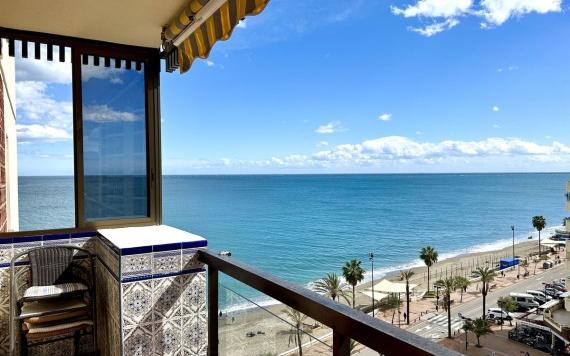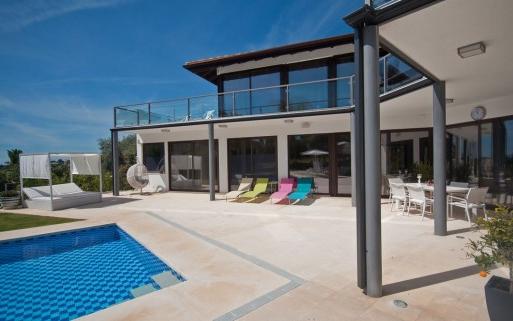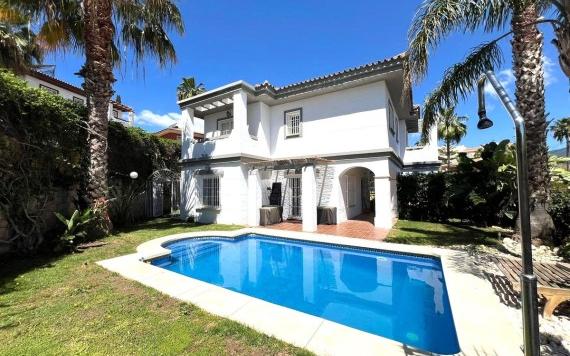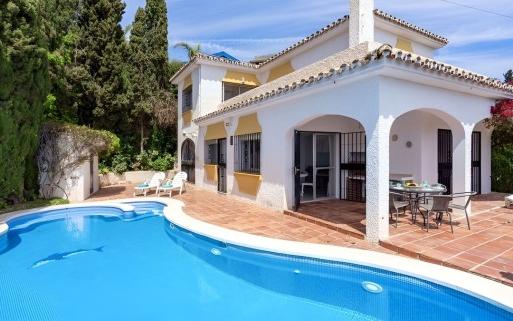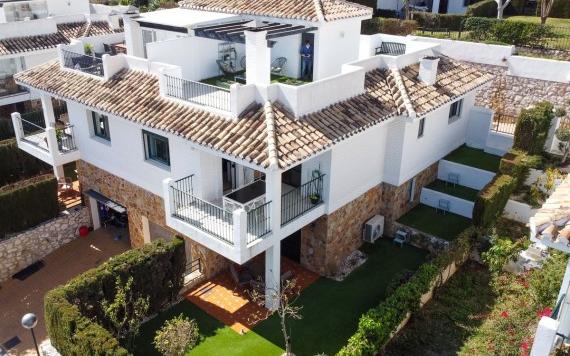
Want to throw some rubbish in the trash? If you’re living in Spain, then it’s time to stop and think!
Recycling has soared in popularity in Spain in recent years and now it is an incredibly important aspect of life in Spain. It’s important to know your way around the different recycling schemes and receptacles as you settle into Spanish life.
Learning to sort your waste will help you to reduce your use of plastic and live more sustainably, as well as to fit in with your neighbours! Here’s everything you need to know:
Do You Have To Recycle In Spain?
The short answer is no, recycling is not a legal requirement in Spain. But the long answer is a little more complicated. Recycling is strongly encouraged in the country with authorities keen to meet the EU target of 60% of all waste being recycled by 2030.
Right now only 35% of waste in Spain is recycled. The country set a target of recycling 50% of its waste by 2020 but it failed to meet this goal. This has only given many in Spain a renewed push to recycle and the trend in the country is increasing.
38.9 million people living in Spain say they recycle daily.
In some parts of Spain, citizens are provided with separate collection systems for paper, metal, plastic, glass, and organic waste. This will apply to you if you live in a town or city with a population of more than 5,000. But anyone can recycle, and will be encouraged to do so.
How Do You Recycle In Spain?
The good news is that recycling in Spain is easy. Bins are given a clear colour coded system and you just need to put your recyclable items in the right bin. When out and about the colours of recycling bins are bright and colourful, so you won’t miss them!
Bins for paper, cardboard, glass, and aluminum cans are usually next to regular rubbish bins.
Blue Bin – This is for paper and cardboard. This is one of the most commonly recycled materials in Spain. In 2021, 4.3 million tonnes of paper were collected, and 5.3 million tonnes were recycled. You can only put paper and cardboard (such as cereal boxes, wrapping paper and newspaper) in your blue bin – try to fold your cardboard down as small as possible to create space. Don’t put dirty napkins or papers in the blue bin – because they have food waste on them they belong in the organic waste container.
Yellow Bin – This is for recycling plastic. Single use plastic is discouraged in Spain and there is a tax on single use packaging. If you do have plastic waste you should put this in a yellow bin. People don’t generally have these bins in their homes but there are 383,508 yellow bins in Spain – you should be able to find one within 100 meters of your home. Rinse and crush your plastic waste (such as plastic bottles) before recycling.
Green Bin – The green dome-shaped bin is for glass. Spain has a good record for glass recycling with 7 out of 10 glass packaging items recycled in Spain. Each person recycles an average of 19kg of glass a year. Spain has around 230,950 containers for recycling glass. Like the blue bin the green bin is easy to use as only glass can go inside. Rinse your glass bottles before recycling. It’s important not to put lightbulbs, mirrors, ashtrays, drinking glasses, and dishes in the glass recycling bin.
Yellow Bin – This is for recycling metal. Over 83% of metal in Spain is recycled, meaning the country already exceeds EU targets. Examples of household metals you can recycle include metal caps and plugs, aluminum trays, and deodorant spray cans. If your metal won’t fit in one of the bins then you can deposit it at a permanent recycling center.
How Do You Recycle Clothes And Textiles In Spain?
There are special containers for clothes and shoes, and these are often sponsored by local charities who will collect them to sell or give to those in need. Humana is the most well known of these initiatives.
The foundation collects shoes, clothes, and fabrics from 5,000 containers throughout the regions of Andalusia, Asturias, Castilla La Mancha, Castilla y León, Cataluña, Comunidad Valenciana, Extremadura, Galicia, Madrid, Islas Baleares, Navarra, and La Rioja.
What Else Can Be Recycled?
Do you have something to recycle that doesn’t fit into any of the categories above? Don’t worry, almost everything can be recycled but you may have to take it to somewhere more specialist.
In DIY stores, such as Leroy Merlin, you can dispose of small old electrical appliances, lightbulbs, and batteries. Most supermarkets in Spain will have collection points for used batteries too. Take any medications or pill packets back to your local pharmacy.
If you live in a large Spanish city then you may also find multi coloured brown and silver bins called puntos limpios in public spaces. You can use these to recycle items such as vegetable oil bottles, books and magazines, batteries and lightbulbs, as well as many other things such as large household items.
What Happens To Food Waste In Spain?
Even food waste is separated in Spain. There are two different bins for this: a brown bin and an orange bin. Most households will have an orange bin which is used for leftover cooking oil. Brown bins are less common and not all houses have one. If you do have one then you can put all of the following items inside:
fruit skins
fish bones
plants
eggshells
coffee grounds
napkins and kitchen towels
If you don’t already have a brown bin then you will have one soon. From January 2024, all municipalities in Spain will be required by law to collect organic waste from the brown container. It’s important to remember that this bin is only used for organic waste.
Are There Any Penalties For Improper Waste Management?
Don’t worry, they won’t arrest you and throw away the key if you accidentally put something in the wrong bin. But there are penalties for illegally dumping waste or recycling in Spain. Fly tipping is taken very seriously in Spain and fines can be huge, ranging from
€1,500–40,000. There are also penalties of up to €300,000 for dumping hazardous waste or fly tipping in protected areas and national parks. If in doubt, don’t throw it out!
Are you thinking of moving to Spain? Why not get in touch with our expert relocation team, who can help you to plan your move, and help you find the property of your dreams? You’ll be living, and recycling, in the Costa Del Sol in no time!

 English
English Español
Español Deutsch
Deutsch Français
Français Svenska
Svenska Nederlands
Nederlands Italiano
Italiano Norsk
Norsk Русский
Русский






